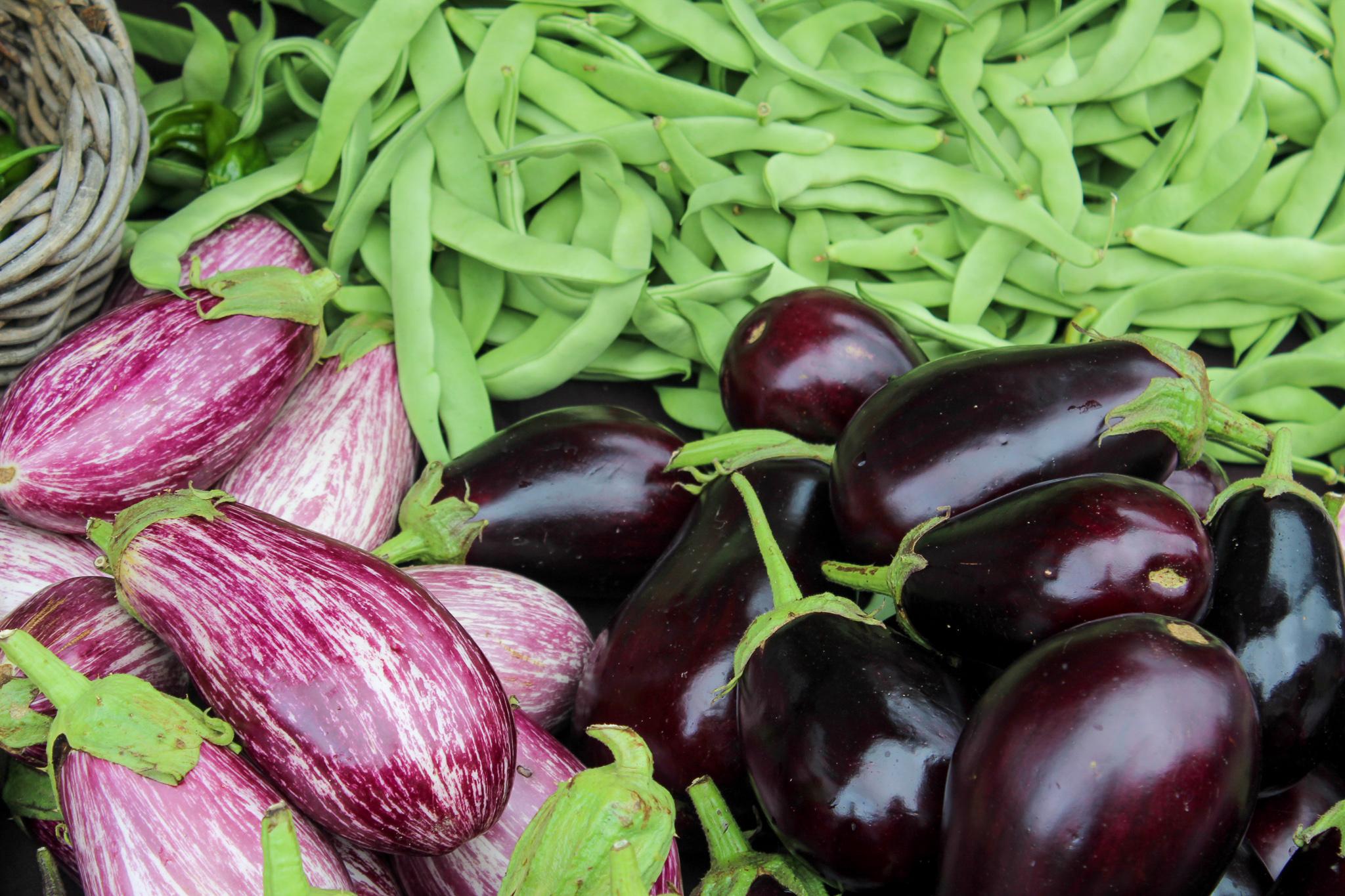Updated September 23, 2020
A version of S.54 made even worse by concessions in Conference Committee has now passed the House and Senate and is on its way to the Governor's desk. We - along with 64 other organizations and businesses - are calling on Governor Scott to veto S.54 and commit to working with our organizations, communities of color, and small farms and businesses across Vermont to develop legislation creating a tax and regulate system in our state which sets a new standard for equity, reparations, inclusivity and representation.

What's wrong with S.54?
In setting up taxation and regulations for retail sales of cannabis, S.54 does not prioritize restorative justice and inclusion of those most harmed by our nation's racist history of cannabis prohibition, criminalization, and mass incarceration. As an organization whose mission calls us to work toward a socially just food and agricultural system, we cannot support policy like S.54 that does not redress these harms before allowing the wealthy, out-of-state companies to profit.
At the same time that it does not adequately address the harm done by the "war on drugs," S.54 also disproportionately benefits Vermont's existing medical dispensaries by giving them sole access to integrated licenses and a jumpstart on market access.
The bill does not consider cannabis cultivation "farming" - thereby excluding it from current use (with the exception of up to 1,000 square feet of cultivation) and agricultural sales tax exemptions, and making it in many cases subject to Act 250. At the same time, cannabis cultivation will still be subject to substantive parts of the Required Agricultural Practices (RAPs). Rather than setting policy that actively incentivizes participation by Vermont farmers in this new marketplace that could support their farm income and keep our working landscape open, this bill attempts to solve for problems with cultivation seen in other states to the detriment of a high quality, craft cannabis industry here in Vermont.
We need you to write to the Governor TODAY! Ask him to VETO S.54 this year and to commit to working with us in the months ahead to develop legislation which prioritizes:
- reparations and justice for communities of color and communities historically impacted by the war on drugs
- criminal justice reforms and the further decriminalization of cannabis
- economic equity for small farms, local businesses, and rural communities; and
- centering the voices of these different communities in its development and administration.
As we press on into this new territory, we have the opportunity to demonstrate to the nation how cannabis policy can not only bring in revenue, but do so in a way that repairs past harms, prioritizes equitable market access, supports existing farms and Vermont-owned businesses, and bolsters our rural economies and communities.
TAKE ACTION. CONTACT GOVERNOR SCOTT TODAY!
- Complete the form below to send a letter to Governor Scott TODAY. You will have a chance to edit the letter on the next page with your own language if you prefer.
We call on Vermont’s legislature to reject S.54 and commit to working with our organizations, communities of color, and small farms and businesses across VT to develop legislation creating a tax and regulate system in VT which sets a new standard for equity, reparations, inclusivity and representation.
You can find more details about our and our coalition members' positions here:
QUOTES FROM COALITION PARTNERS:
NOFA-VT
"As an organization whose mission calls us to work toward a socially just food and agricultural system, we cannot support legislation like S.54 that does not focus first and foremost on redressing the harm done by cannabis prohibition, the war on drugs, and mass incarceration before allowing the powerful to profit," says NOFA-VT Policy Director Maddie Kempner.
"Rather than creating an equitable, inclusive, high quality, ecologically sound cannabis market, S.54 builds cannabis policy around assumptions based on the lopsided and inequitable markets created by other states. As we press on into this new territory, we have the opportunity to demonstrate to the nation how cannabis policy can not only bring in revenue, but do so in a way that repairs past harms, prioritizes equitable market access, supports existing farms and Vermont-owned businesses, and bolsters our rural economies and communities."
JUSTICE FOR ALL
"S.54 fails to adequately address racial equity in taxation and regulation of cannabis," says Mark Hughes of Justice for All. "This comes as no surprise in that there was absolutely no analysis on the historical impact that “marijuana” has had on black communities in any of the three reports provided by the Commission to inform the legislature's work. The language that was added as a result of our testimony fails to adequately address the magnitude of the damage or offer any real equitable opportunity for black folks to thrive in this industry. Taxation and regulation of cannabis must be directly linked to addressing the harm caused by the "War on Drugs" and ensuring those impacted have opportunities to thrive."
VERMONT GROWERS ASSOCIATION
"Bill S.54 fails to earn the support of Vermont’s cannabis community," says VGA's Geoffrey Pizzutillo. "As the formal tax and regulate cannabis organization in Vermont, our members are the local families and small businesses that will compose the state's legal marketplace and this legislation leaves them out, includes no viable pathway for market access, fails to create a value chain to market, and will ultimately prevent the successful transition of Vermonters from the legacy market into the legal one. Vermont is an agrarian state and cannabis is a plant, it must be permitted to be grown and sold by locals as a means to support their livelihood, especially in the wake of the global health crisis. If allowed to become law, S.54 will make life harder for everyday Vermonters by artificially limiting economic development opportunities by favoring established players and creating unreasonable barriers to market entry for new participants. This will prevent the formation of a just and equitable cannabis cottage industry - similar to our beer, maple syrup, cheese industries - and solvable racial, economic, and social inequities will remain."
RURAL VERMONT
"It is critical that we not allow this global medical and economic crisis to serve as justification for supporting a fundamentally inadequate and inequitable bill which will further amplify existing racial, economic, and social inequities in Vermont,: says Rural Vermont Policy Director Graham Unangst-Rufenacht. "We have the opportunity now to reject S.54 and to commit to engaging with a diversity of stakeholders to create a legal cannabis market in Vermont which is founded in racial justice, and agricultural and economic equity and opportunity. We are being asked to support S.54 based on the potential revenue this new market could bring to Vermont. We must in turn ask: 'who will have access to, and agency and privileges within, this market? Who will share in and benefit from the revenues? Who were the stakeholders in determining this?'"
TRACE
"We need to listen to our community and block S.54 until the legislature is able to present a bill that addresses the systemic racism inherent in the history of cannabis in America. The market also needs to be accessible to folks in our community who might not have unlimited sums of money to spend on consultants and equipment, but can still deliver high quality, safe & cost competitive cannabis products."

